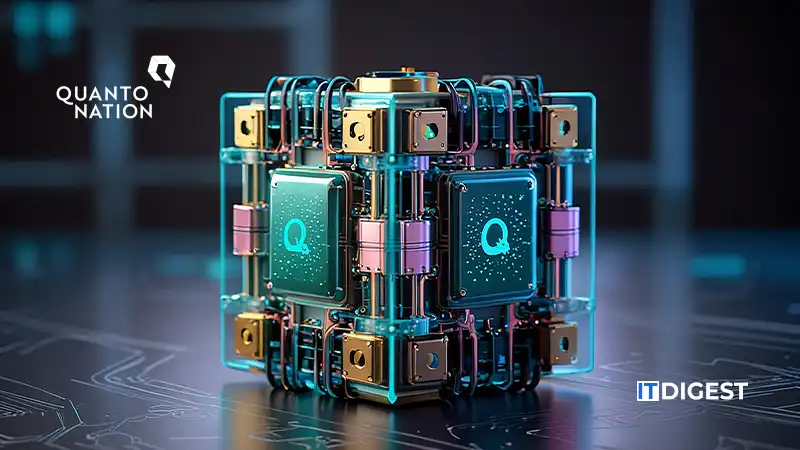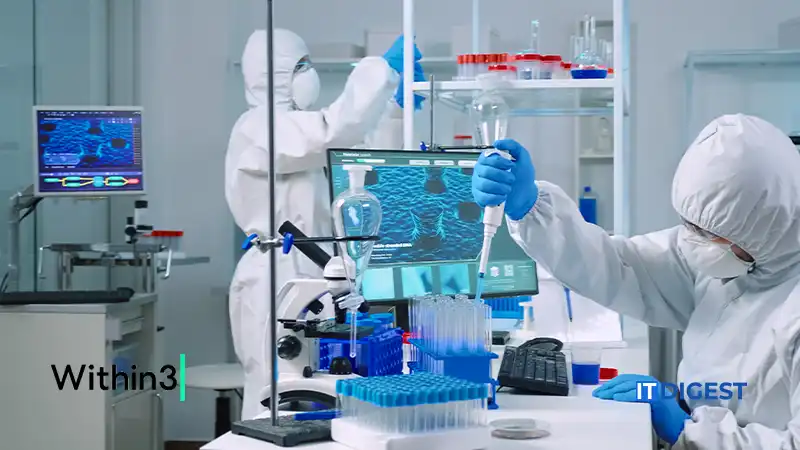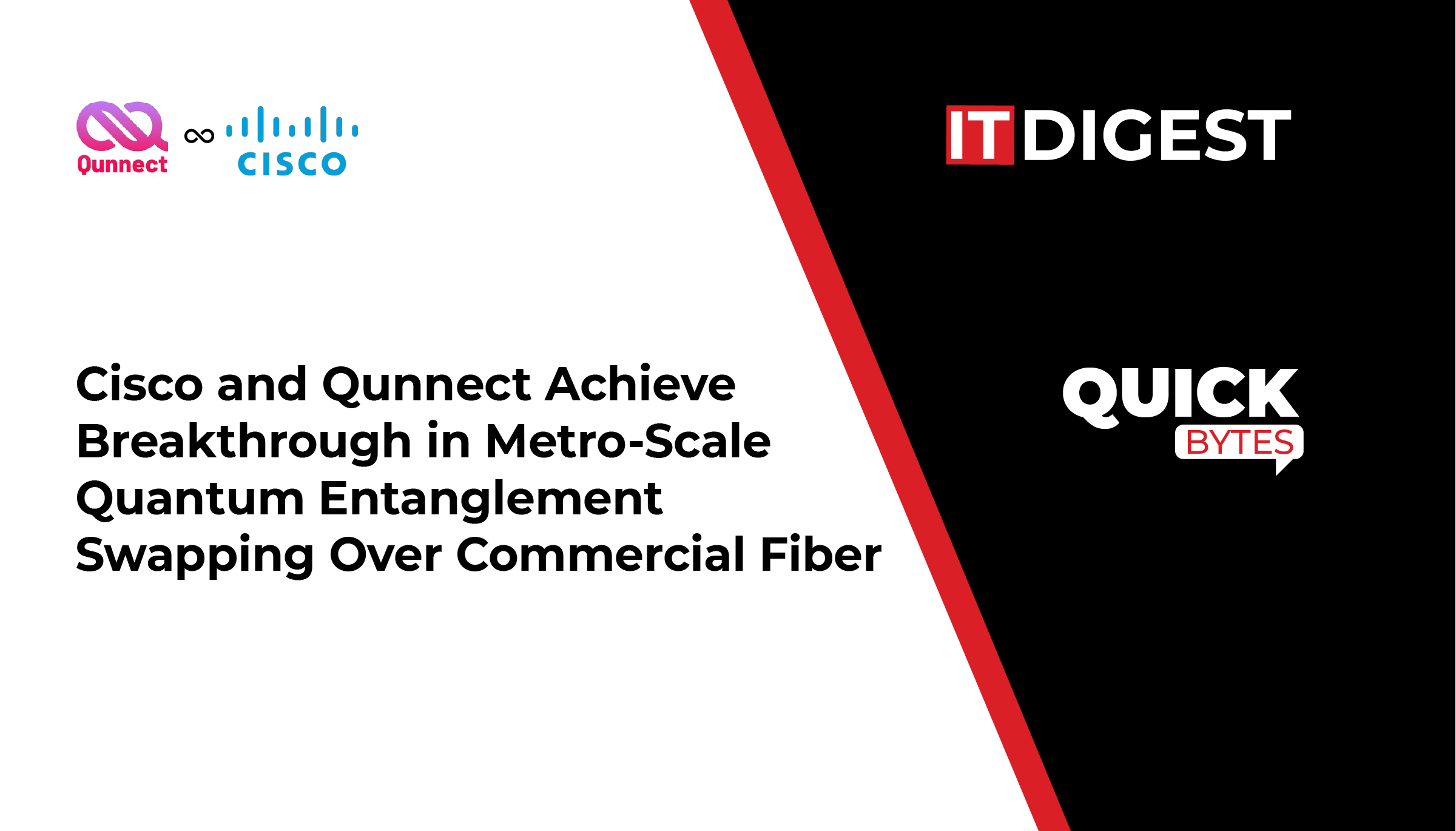PassiveLogic, creator of the first platform for generalized autonomy and a leader in Artificial Intelligence and Machine Learning research for high-performance, industrial-grade applications, is partnering with the Pacific Northwest National Laboratory (PNNL) to further develop deep artificial intelligence for predictive building controls. Funded by the US Department of Energy (DOE) to support its mandate to improve the energy efficiency of four million buildings by 2030, the 24-month research collaboration will focus on Superlearners, a foundational machine learning technology that enables autonomy for all building applications.
“The only way to meet the world’s decarbonization goals is through breakthroughs in building automation and control,” said PassiveLogic’s CEO, co-founder, and technology architect Troy Harvey. “PassiveLogic is solving the biggest technology challenge in the energy economy, developing the first autonomous platform for buildings and industrial systems capable of optimally driving these systems in real-time.”
Buildings are the largest controlled system vertical in the economy and the largest energy consumer — roughly twice that of the transportation market. PassiveLogic’s autonomous platform provides the industry’s first API for buildings, enabling anyone to develop their own applications with minimal programming and integration effort.
PNNL’s Autonomous Learning and Reasoning team initiated the PassiveLogic collaboration in a unique partnership called a Cooperative Research and Development Agreement (CRADA), which has long been a DOE tool for encouraging public-private collaborations and advancing technologies in the marketplace. The DOE will fund $1 million for the PNNL to contribute to PassiveLogic’s technology.
The agreement will enable PNNL and PassiveLogic to jointly develop and apply their capabilities and foster a technology that will help energy systems in buildings, such as heating and cooling units and lighting, become fully autonomous, capable of identifying and addressing their own operational issues, and able to self-optimize their operation.
“We’re eager to work with PassiveLogic and advance energy efficiency for commercial buildings,” said Draguna Vrabie, chief data scientist in the Data Sciences and Machine Intelligence group and team leader for the Autonomous Learning and Reasoning team. “Our work at PNNL is deepened by working with partners in the private sector like PassiveLogic because they provide the use cases, data sets, and market access to develop R&D efforts into commercially viable applications.”
Also Read: SoftServe Taps Industry Veteran Yishan Lam as Head of Product and Design of APAC Market
Early this year, PassiveLogic announced the launch of the Quantum Alliance — a cooperative effort between public and private entities to move the building industry toward full autonomy with support from the DOE, the PNNL, and Brookfield. The Quantum Alliance aims to develop an industry-spanning consensus known as the Quantum Standard, a physics-based digital twin description language that enables complete building autonomy.
PassiveLogic is changing the future of the built environment by powering autonomous building systems and providing the foundation for smart cities. They have reimagined how we design, build, operate, maintain, and manage our buildings using revolutionary “deep physics” Digital Twins, and AI-enabled future-forward controls, and made this technology accessible to all kinds of buildings, big and small, new construction and retrofit. In a world increasingly impacted by climate change, PassiveLogic has developed a way to save one-third of building energy consumption by making buildings truly intelligent.


































